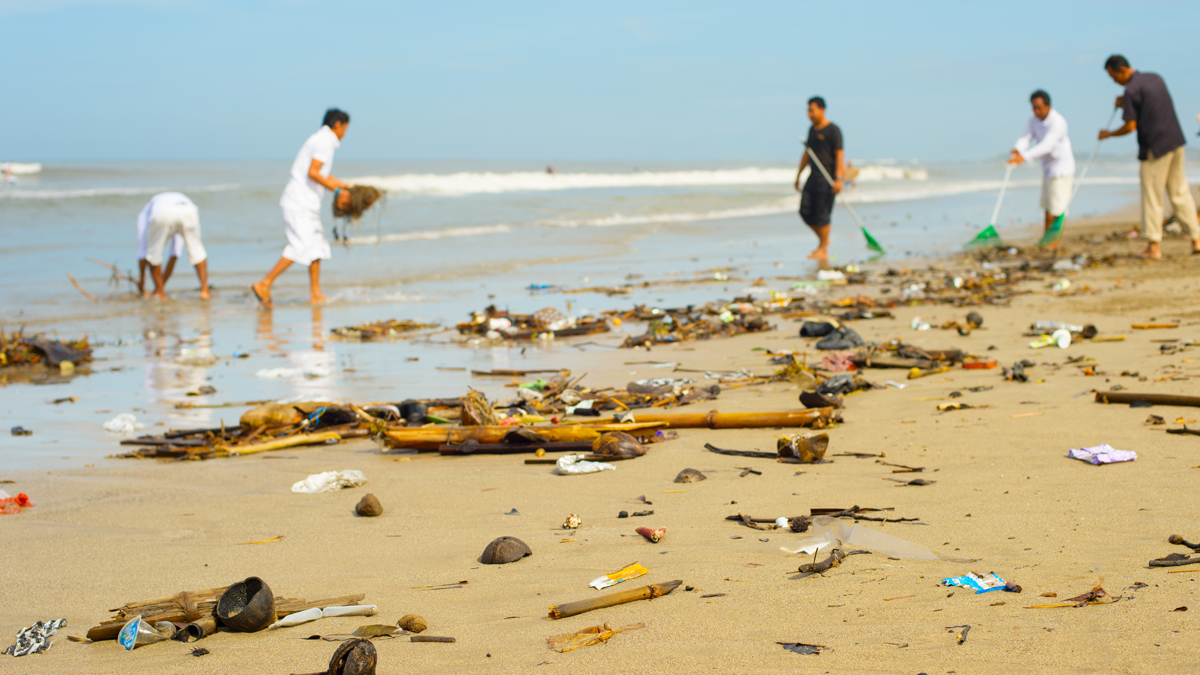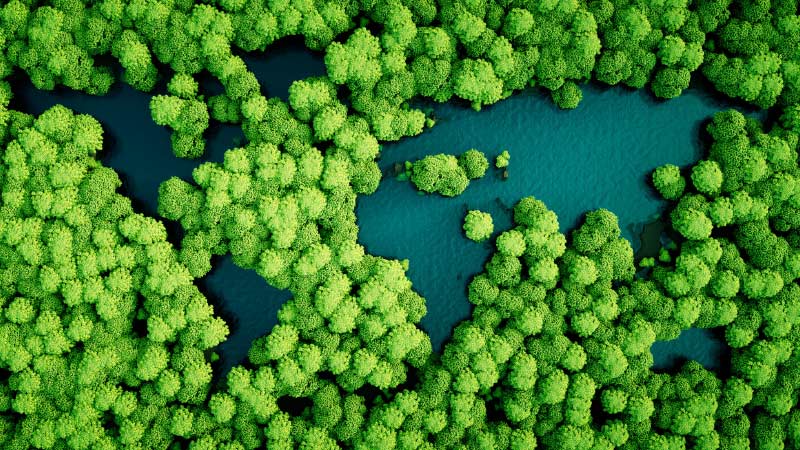
Marine debris is a significant environmental issue in Southeast Asia. It refers to the human-made waste materials that enter the oceans and other bodies of water, including plastics, discarded fishing gear, and other debris.
Southeast Asia is home to some of the world's most biologically diverse and productive marine ecosystems. However, the region's growing population and economy have resulted in increased waste generation and inadequate waste management practices, leading to a rise in various forms of marine debris. The region's high population density, rapid urbanization, and tourism growth have resulted in more plastic and other waste being generated and subsequently finding its way into the ocean. Furthermore, the region's inadequate waste management infrastructure has contributed to the improper disposal of waste and the discharge of waste into rivers and other waterways, eventually reaching the ocean with significant impacts on human, animal and plant life as well as ocean ecosystems.
The impact of marine debris on the marine environment and coastal communities is significant. It can harm marine life through ingestion or entanglement, alter marine ecosystems, affect fisheries and aquaculture, and reduce the aesthetic value of beaches and coastal areas. Furthermore, marine debris and derived microparticles can also pose a significant threat to human health, especially in coastal areas where seafood is a vital source of protein. To address this issue, various initiatives and programs have been developed at local, national, and regional levels. These include community-based programs, waste management and recycling initiatives, and policy and regulatory measures aimed at reducing plastic waste and improving waste management practices. At the multilateral level regulations for the prevention of pollution by garbage from ships are contained in Annex V of MARPOL.
More recently a new mandate has been given to the United Nations to negotiate a legally binding instrument to end plastic pollution. However, much more needs to be done to effectively tackle the issue of marine debris in Southeast Asia.
The briefing will bring together parliamentarians from Brunei Darussalam, Cambodia, Indonesia, Lao PDR, Malaysia, Myanmar, the Philippines, Singapore, Thailand, and Viet Nam to discuss and find solutions to the pressing issue of marine debris in Southeast Asia and highlights the crucial correlation between technology and innovation solutions in addressing this challenge, as well as serves as a platform to accommodate an open and inclusive dialogue, in order to strengthen regional cooperation and collaboration in addressing marine debris and plastic pollution challenges and promoting waste management and sustainable development, of natural-based, innovative and traditional plastic substitutes and alternatives in Southeast Asia.




